What is Recycled Gold & Why is it Problematic?
Can recycled gold be eco-friendly for jewelry?
When you hear the word "recycled" it probably conjures up a positive feeling. I remember when I was a kid and I would lecture my family on the importance of sorting our trash and making a dedicated recycling bin in our kitchen. I felt like I was really accomplishing something by helping my family recycle.
Because 60% of the world is concerned about climate change we probably all associate the R word with something positive and eco-friendly. So it makes total sense that when talking about ethical and eco-friendly jewelry that when we hear the words "Recycled Gold" we think that it is inherently good. But I am here to tell you that recycled gold is not what you think is and it isn't helping gold mining issues as much as you think it does.
1. Recycled gold is not diverting waste from a waste stream as we commonly understand this term.
Recycled gold cannot be compared to other recycled materials like plastic where recycling it diverts it from a harmful waste stream. The demand for gold far outweighs the supply because of gold's obvious value. As long as gold is deemed valuable humans will be extracting gold out of the earth whether we do it the right way or the wrong way. The circular economy for gold is non-existent so therefore recycling it is neutral and bears little impact. There is no waste in the gold industry and gold has been recycled and will be recycled forever because throwing away this highly valuable material is a giant waste of money. Every last scrap, unwanted piece of jewelry, gold dust and cast off will always be remelted and refined and reused indefinitely. Positioning recycling gold as an honorable endeavor is kind of silly when you think of it in these terms.
In fact there have been discussions in the jewelry space to ban the word recycled when referring to gold altogether as it is misleading to consumers and perpetuates a false perception of the material being actively beneficial. It also does not exactly meet the FTC guidelines for this term.
2. Recycled Gold Industry is Inadvertently Fueling Illicit Gold, Environmental Catastrophes and Human Rights Issues.
Recycling gold presents an unfortunate opportunity for high volume jewelry manufacturers and refiners to circumvent the need for traceability, responsibility and transparency. Because of the need for gold and jewelry manufacturers to distance themselves from the issues of gold mining and increasing global regulations they turned to Recycled Gold. What's more interesting is that since there has been a widespread use of Recycled Gold it has made ASM (artisanal small-scale mined gold) almost disappear completely from the LBMA (London Bullion Market) volume and recycled gold skyrocket. One may read this statement and think that is a good thing. But with substantial evidence it actually means the gold market has become even more opaque in recent years. An opacity is a very bad thing for high risk mining.
Research indicates that gold mining has increased over the last decade despite the widespread use of recycled gold. Furthermore high-risk mining and illicit gold as well as the many issues associated with gold mining still persist worldwide like: deforestation, habitat loss, heavy pollution, mercury poisoning, water contamination, conflict funding, child labor and extremely hazardous working conditions.
Unfortunately regulations for recycled gold treat it like newly mined Gold where its' point of refinement is deemed its origin. This along with many other loose guidelines as to what can be classified as recycled gold makes it very an ambiguous classification. Because the mining origin and age of gold doesn’t matter for recycled classification this means that illicit gold and gold from high risk areas can be relabeled "recycled" even if it was newly mined less than a month prior to refining.
3. Recycled gold is not traceable and it is rarely old jewelry becoming new jewelry.
Many companies advertise Recycled Gold as as a responsible choice because of the argument that it curbs gold mining but the truth is recycled gold does not combat the many issues with the gold's original origin it inadvertently contributes to them. It has also not decreased the demand for newly mined gold even over the last decade despite widespread usage. Gold mining has only increased over the years.
A small percentage of recycled gold is actually old jewelry becoming new jewelry because of the classification's many loopholes that include many other forms of gold. For all recycled gold to be only one source, in this example we will use old jewelry, there would be such a small supply and certainly not enough to cover the volume needed by even one large jewelry company using this single source recycled gold.
It is generally accepted as an ethical gold choice and championed by many companies without full disclosure of traceability and full transparency of the material. Companies can lean on the positive perception of the term "recycled" and stop short at addressing other issues in turn circumventing accountability.
We have to consider the atrocities of the gold mining industry and that these have lasting repercussions for many generations. Recycling gold does not bring any restitution to these communities or bring active positive changes to Artisanal miners today. It takes a blind eye to these issues.
4. "Recycled Gold" is often misrepresented & it does not necessarily have a smaller-carbon footprint.
It can be easy to view all recycled gold as actively beneficial but given its' demonstrated issues and ties to newly mined gold it's a very nuanced issue and all aspects need to be considered. The arguments in favor of recycled gold claims it has a reduced carbon footprint because it does not require new mining. The lack of traceability and many loopholes that allow in a large volume of new gold to be classified as recycled chip away at this argument.
At the end of the day it is about context, transparency and traceability. Recycled gold could mean newly mined gold that was refined a few times in the last month or old jewelry refined into new jewelry, where the latter is of course a lower impact. But for the vast majority the origins of this gold are unknown. If the company cannot disclose the the source of their recycled content it would be safe to assume it meets the general definitions of fully untraceable gold.
Recycled gold has now become the status quo and should be viewed as just the bare minimum.


Today's solution to ethical gold: Fairmined Gold.
We believe that investing in Fairmined gold is the way forward and that every gram counts towards a better future for mining. Fairmined gold is 100% traceable and ensures miners are treated fairly, have fair pay adhere to high labor standards and follow safe working conditions. It also promotes a positive environmental legacy through safe chemical handling, water protection, constant environmental assessments and eventual goal to be chemical free. At the time of writing this, our sources in Peru and Columbia have hit their goal of transitioning to mercury free mining operations.
Fairmined practices do not diminish the amount of mining done; rather they increase the amount of already-planned mining into ethical and environmentally friendly practices.
At Valley Rose Studio we use Fairmined gold for all our castings and chains and any other findings as they become available. To learn more about Fairmined gold click here.
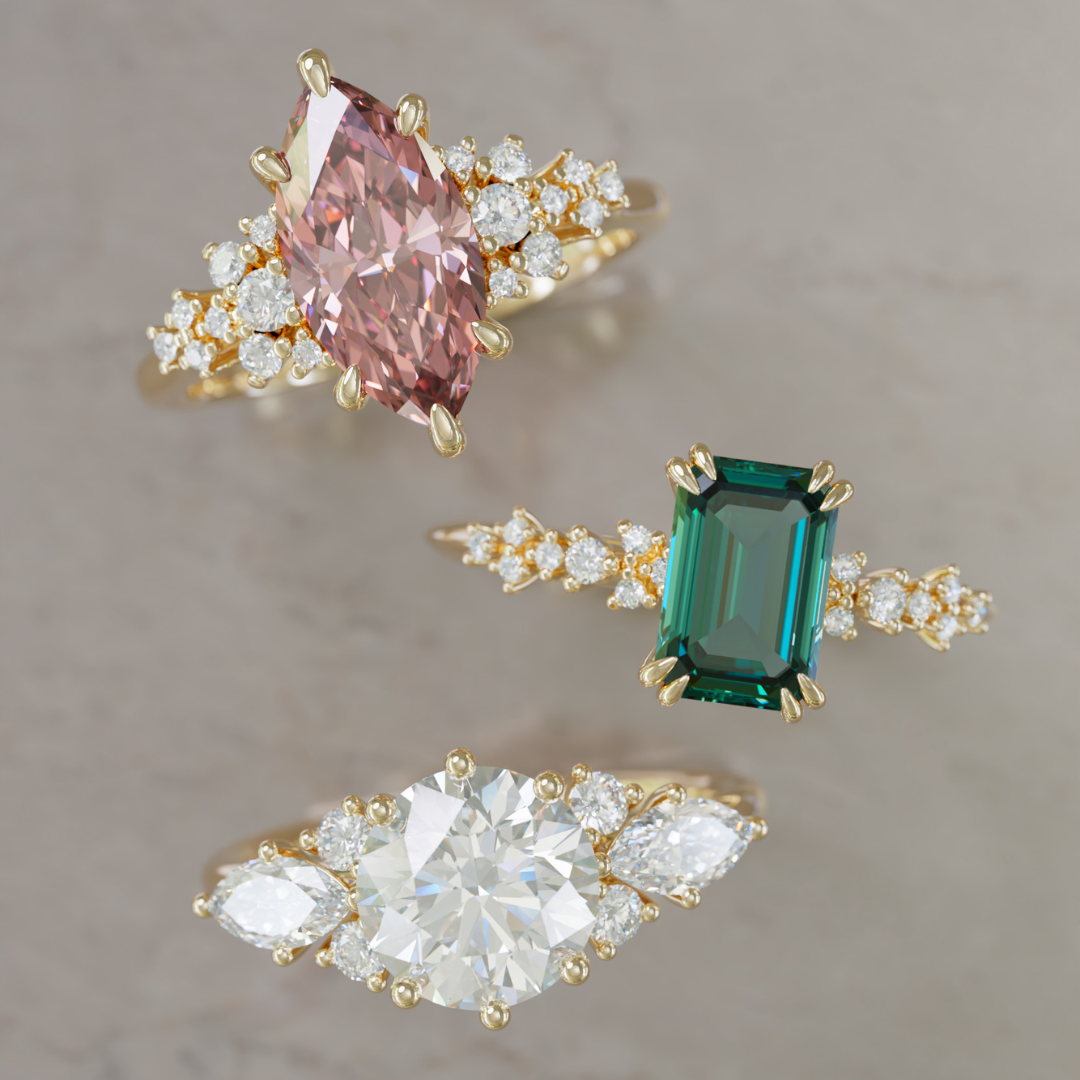




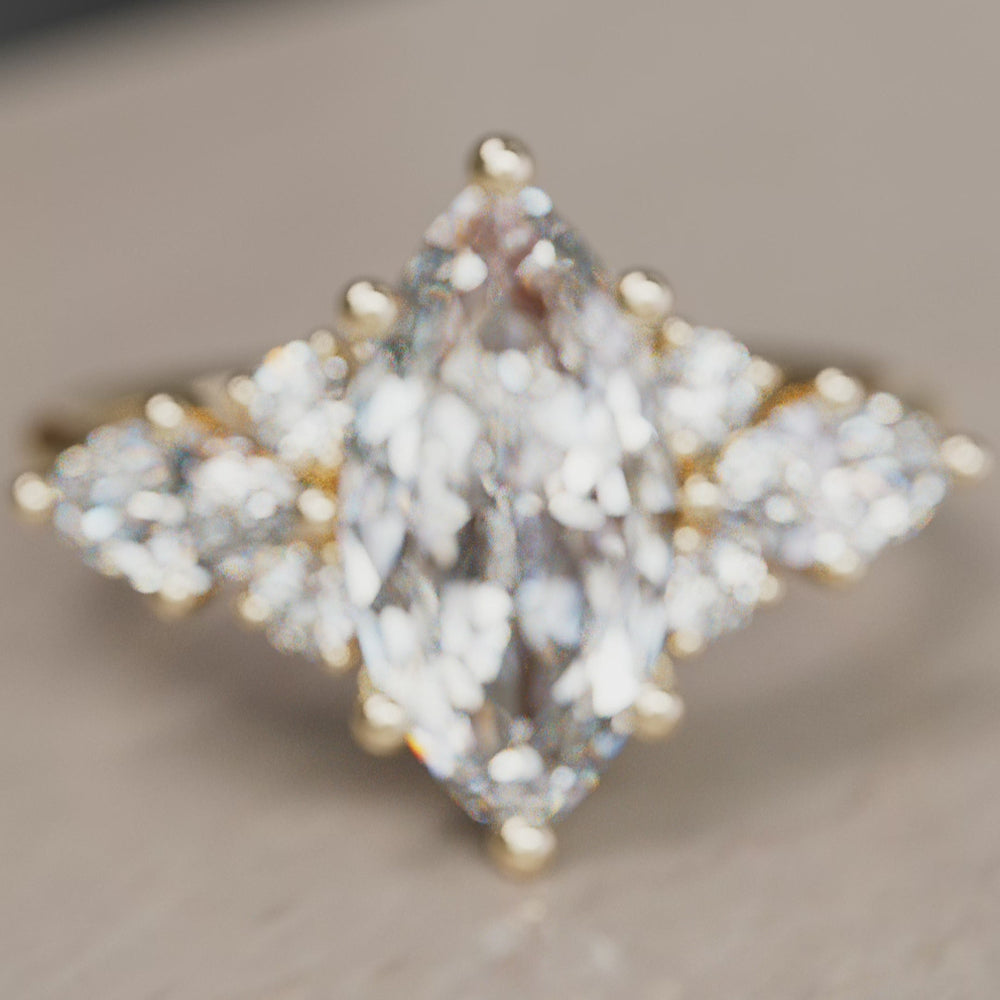


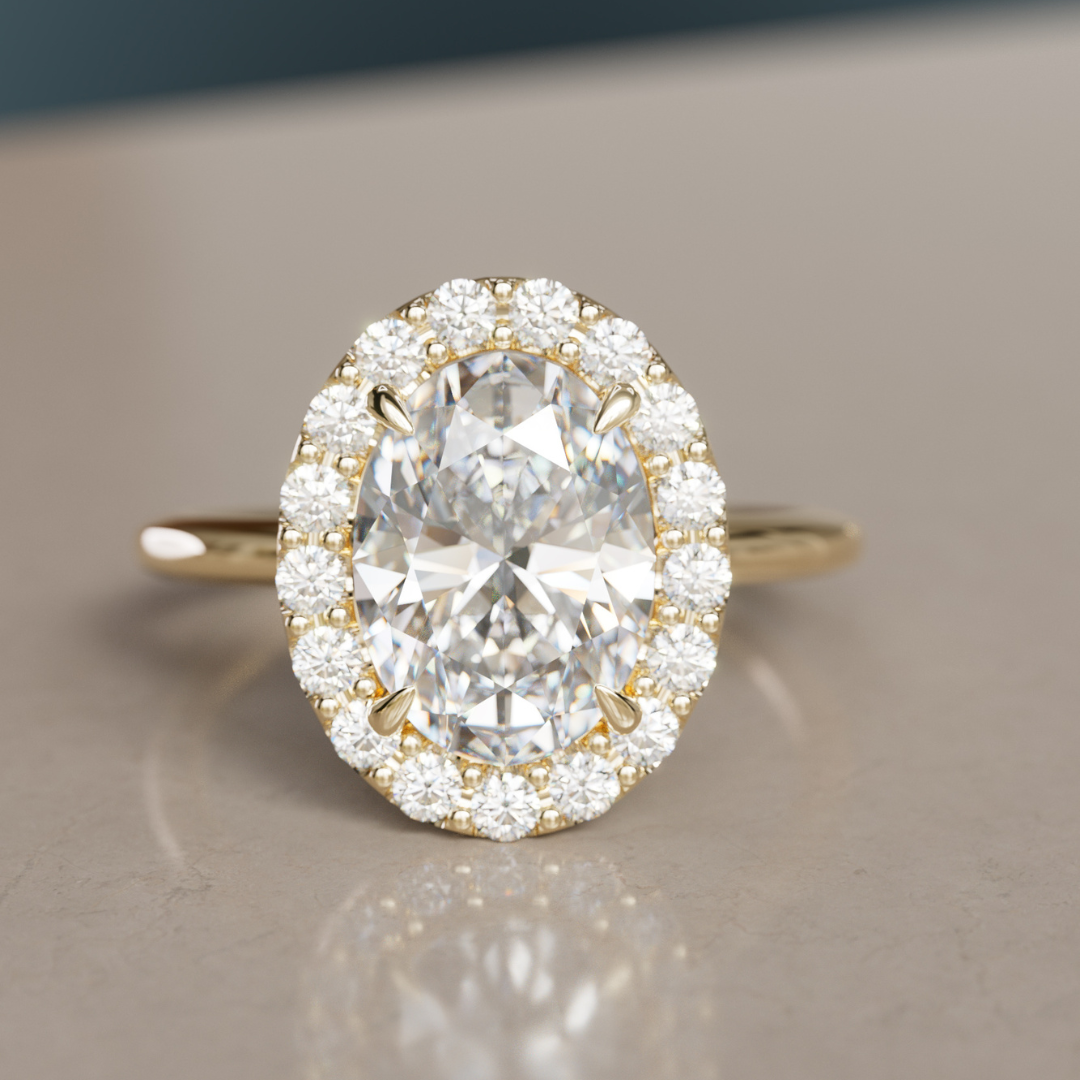
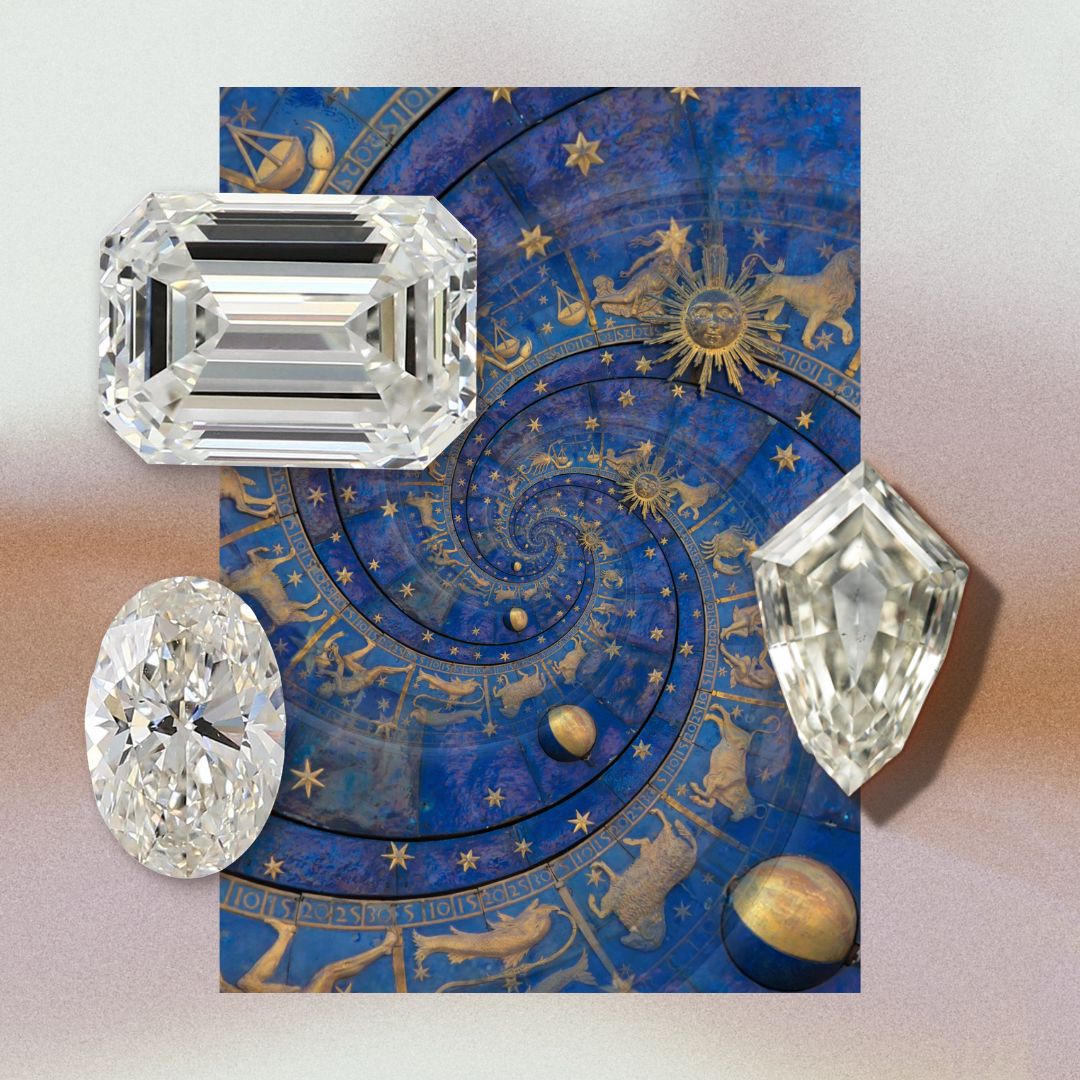





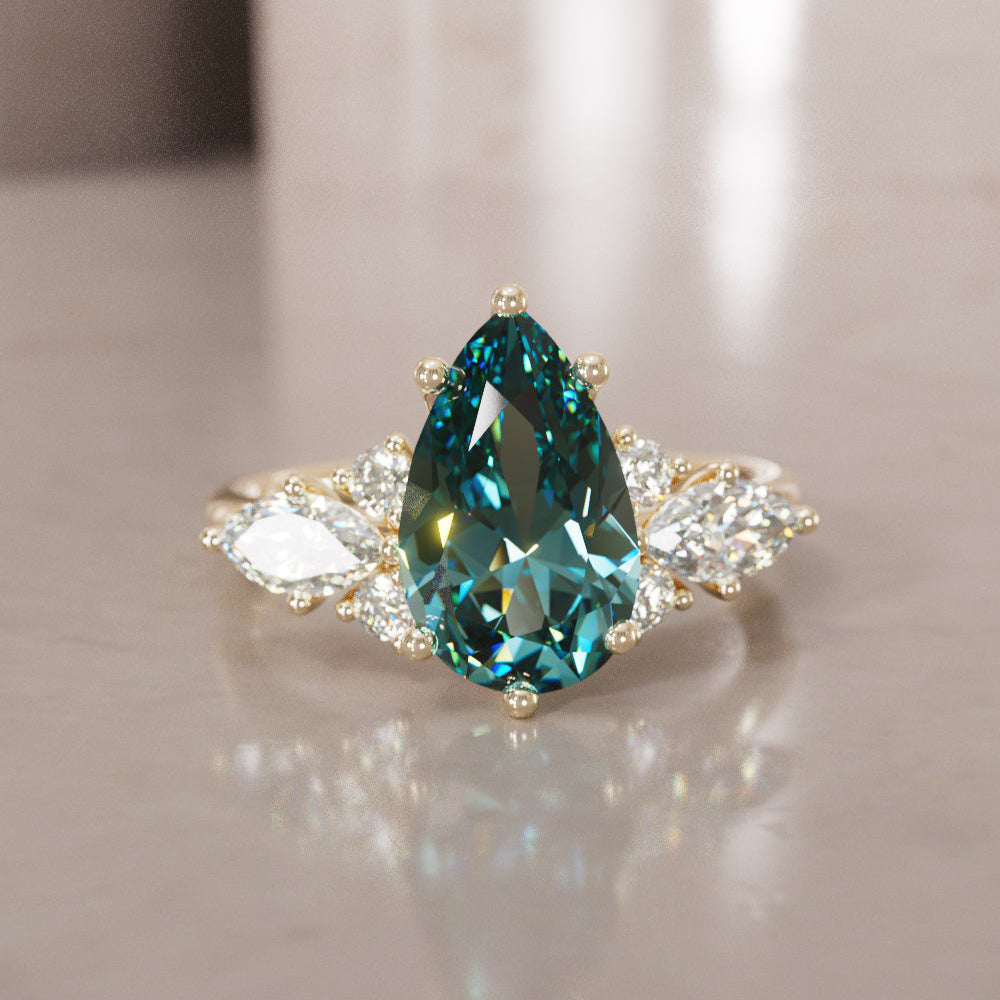
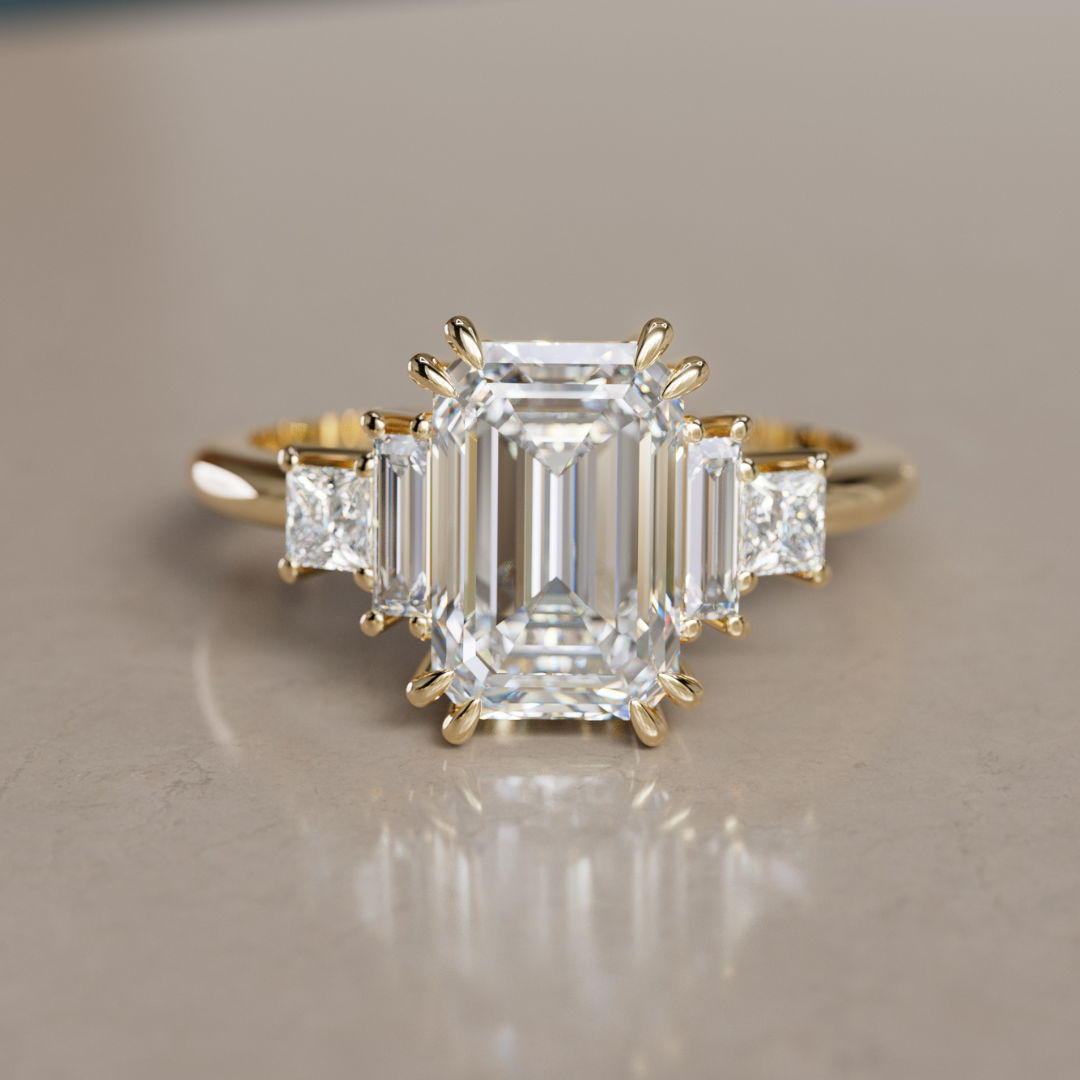

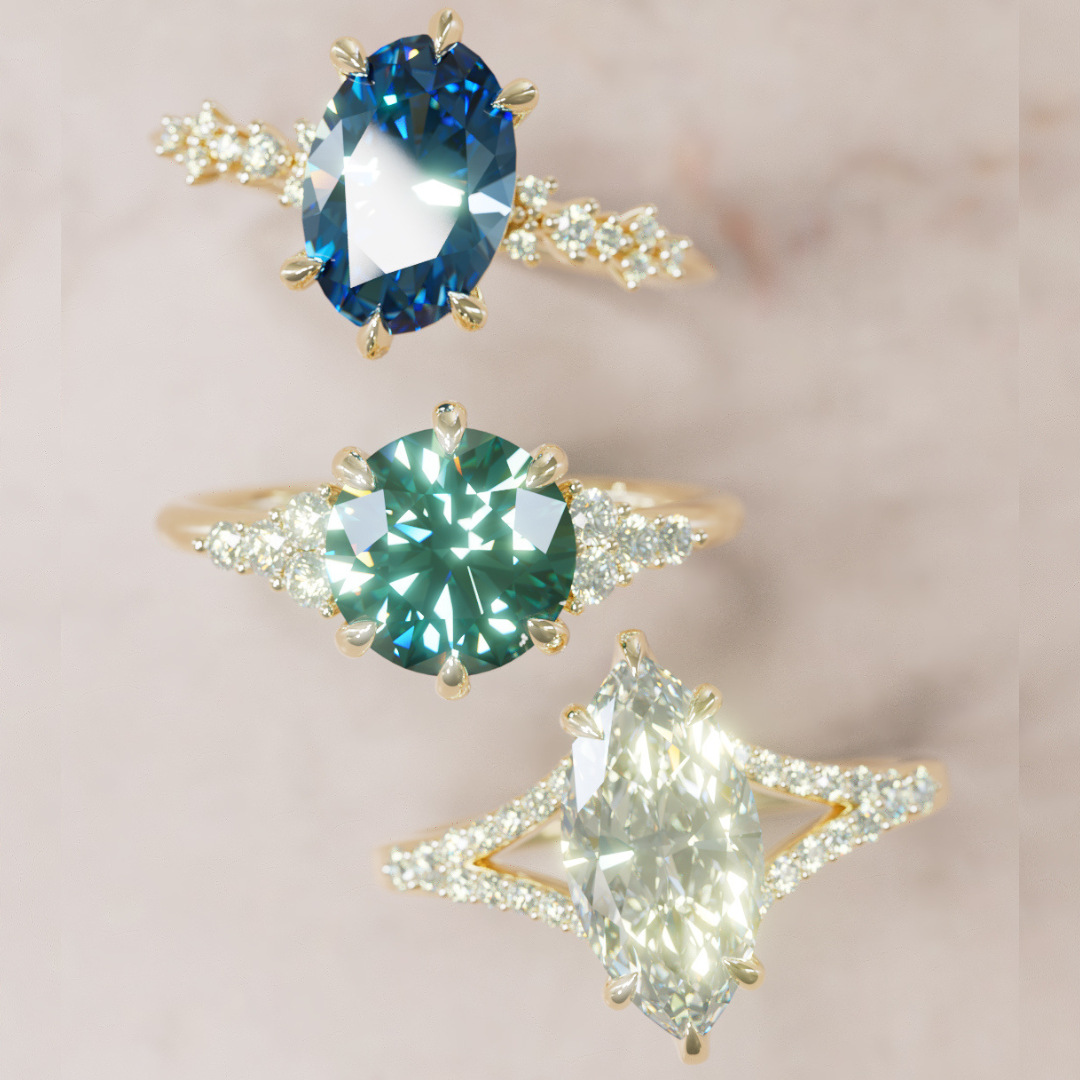
Leave a comment